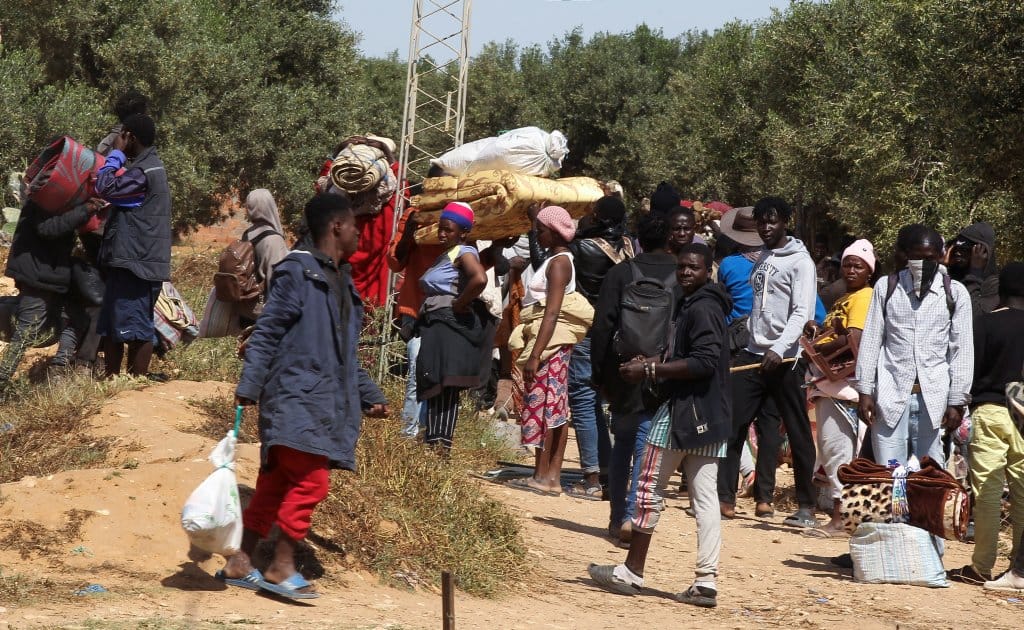Tunisia has repatriated nearly 3,400 undocumented migrants from Sub-Saharan Africa since the beginning of 2025, according to a statement from National Guard spokesperson Houcemeddine Jbabli. The large-scale returns are part of an ongoing initiative coordinated with the International Organization for Migration (IOM) to facilitate voluntary departures from the country.
Speaking during an interview with state-run Radio Sfax on Thursday, Jbabli detailed the structure of the current program, confirming that two voluntary return flights are arranged each week. These flights are aimed at assisting migrants who choose to return to their home countries after residing irregularly in Tunisia. Jbabli also noted that no illegal border crossings were reported in the first quarter of the year—a development he attributed to enhanced security and cooperation across agencies.
Efforts to manage migration flows have also involved addressing informal settlements. One such site, a makeshift camp located in the Amra area approximately 21 kilometers from the southeastern city of Sfax, is currently being cleared. The camp, which has housed an estimated 3,000 migrants, is being dismantled as part of a broader national campaign to eliminate unauthorized encampments and restore order in regions affected by high migration activity.
Tunisia’s central position in the Mediterranean has made it a critical transit point for migrants and asylum seekers attempting to reach Europe by sea. Many of these journeys, often facilitated by smuggling networks, involve significant risks due to overcrowded boats and unsafe conditions.
The voluntary return program, conducted in collaboration with the IOM, aims to provide humane and structured pathways for repatriation. The initiative includes logistical support and, in some cases, reintegration assistance for returnees, underscoring Tunisia’s ongoing efforts to address migration challenges while maintaining international cooperation.
As migration remains a pressing issue across the region, Tunisia’s government has reiterated its commitment to balancing humanitarian concerns with domestic security and social stability.



